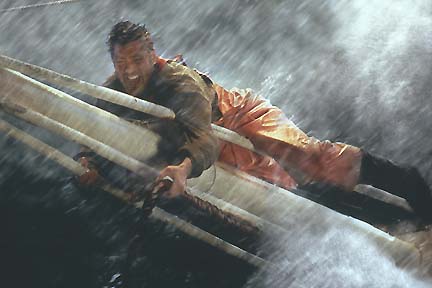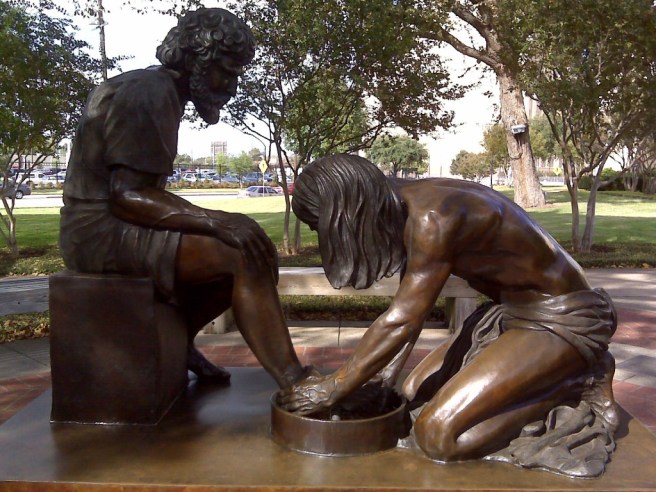
1. Pray for all those in authority, that they will have both wisdom and compassion in their governmental roles.
“I urge, then, first of all, that petitions, prayers, intercession and thanksgiving be made for all people— for kings and all those in authority, that we may live peaceful and quiet lives in all godliness and holiness.” (1 Tim 2:1-2)
“The king’s heart is a stream of water in the hand of the Lord; he turns it wherever he will.” (Proverbs 21:1)
2. Ask God specifically what he would have YOU do to materially aid those in need.
“If anyone has material possessions and sees a brother or sister in need but has no pity on them, how can the love of God be in that person? Dear children, let us not love with words or speech but with actions and in truth.” (1 John 3:17-18)
“Do not forget to show hospitality to strangers, for by so doing some people have shown hospitality to angels without knowing it. Continue to remember those in prison as if you were together with them in prison, and those who are mistreated as if you yourselves were suffering.” (Hebrews 13:2-3)
3. Teach your children and grandchildren by words and example how to honor God by caring for the needy and oppressed, in your own area and around the world.
“Whoever oppresses the poor shows contempt for their Maker, but whoever is kind to the needy honors God.” (Prov 14:31)
“Whoever shuts their ears to the cry of the poor will also cry out and not be answered.” (Proverbs 21:13)
© 2015 Deborah Morris


